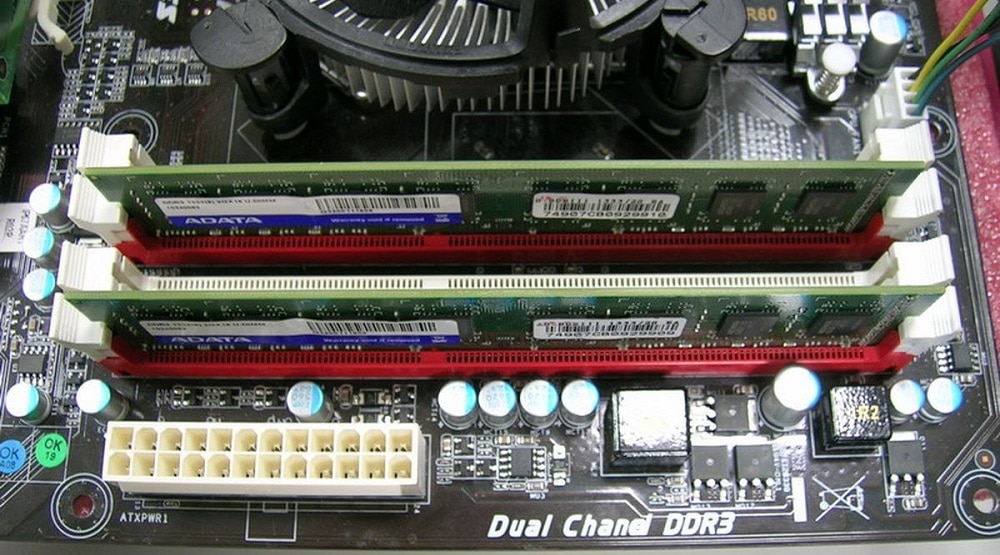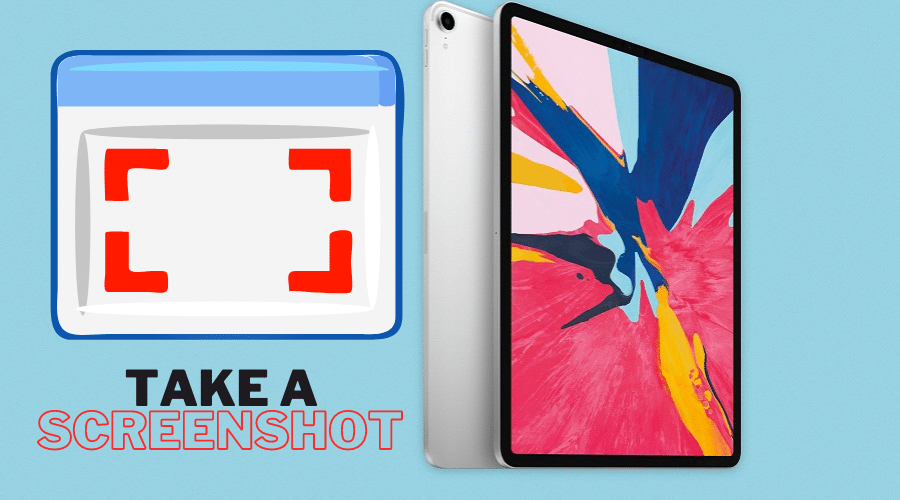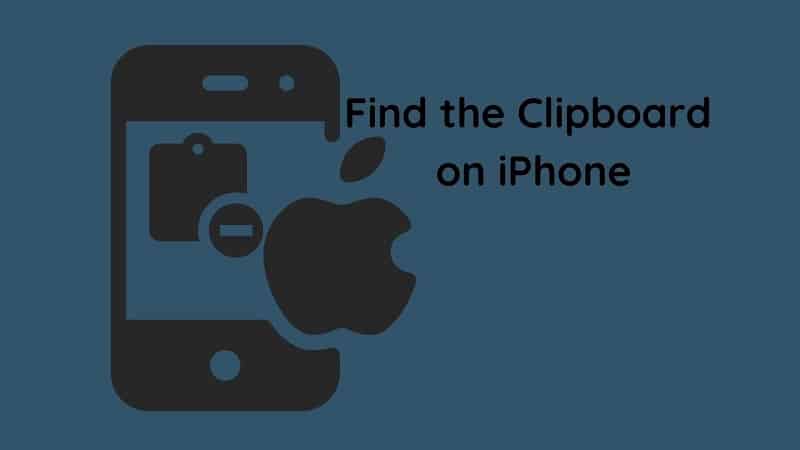About NFTs, so many questions to be answered. Can bots be used to bid for NFTs? What are NFTs, and what're the best marketplaces to buy them? What tools can help you flip faster? If I sparked your curiosity with any of those questions, buckle up. This is going to be an interesting ride.
What's a Non-Fungible Token (NFT)?

The reason NFTs can exist is because of a technology called the blockchain. Blockchain is a system of recording information that makes that record very difficult to change or hack. So in the NFT space, a blockchain acts as this secure digital record of transactions made in cryptocurrency to buy or sell NFTs.
NFT stands for Non-Fungible Token, which means that these tokens are unique or irreplaceable. NFT's function is to represent ownership of a digital or real-life good. That good could be a photo, video, gif, piece of music, tickets to a concert, even legal documents, and many more things. So contrary to popular belief, the buzz is not only about digital art.
An NFT can only have one owner at a time. But what does it mean to own an NFT? Let's say you see a piece of art that you like on an NFT marketplace. You have enough crypto in your wallet, so you buy the NFT. What you get is a digital certificate of ownership. That certificate proves that you're the original owner of that piece of art.
Does this mean that by purchasing an NFT, you get all the rights to the artwork?
Not. The copyrights remain to the creator of the NFT. What you do get is the right to sell the NFT. This way, you can earn money, the buyer can get the NFT they desire, and the creator of the NFT can get money through royalties. That's
a win-win-win situation if you ask me. Ok, I think that's enough theory. Let's get to trading.
Three Main NFT Marketplace
1. OpenSea

The largest NFT marketplace is called OpenSea. This is where the big players with valuable collections reside. The platform is beginner-friendly since it has helpful tutorials on getting started. However, if your budget is very tight, you might not want to trade here. Or rather not with Ethereum. See, Ethereum is a blockchain that OpenSea supports. It's the most popular out of the three. The other two are Polygon and Klaytn.
Ethereum tokens used for trading NFTs are called ETHs. While opting for the Ethereum blockchain ensures security, transactions are slow, and gas prices are very high. The truth is, since the fees are so high, I would suggest Ethereum for the traders with bigger starting budgets.
But you can still flip on the platform even if you don't have a fortune. Remember the Polygon blockchain I've mentioned before? Polygons is actually an ecosystem scaling solution for Ethereum. This is the option with lower gas fees and speedier transactions.
2. Rarible

Another popular marketplace that supports both Ethereum and Polygon blockchains is Rarible. Rarible puts a lot of emphasis on getting to know the creator behind the NFTs. To start selling on Rarible an artist has to tell their story and show the backstage of every piece of work they mint.
Due to this, compared to OpenSea, Rarible hosts fewer NFTs of, let's say, Questionable value when it comes to fees; flipping on Rarible does not come cheap. This is because you have to pay every time you buy and sell. In comparison, on OpenSea the seller's fee is something only new users have to pay. Also, on Rarible you pay for every bid received for your NFT. Ouch. Regarding user experience, Rarible is friendlier for experienced NFT traders since it doesn't offer much beginner support.
3. Solanart

The third marketplace worth checking out is Solanart. Especially if you want to experiment in the market without spending hundreds or thousands of dollars on gas fees. The blockchain used in Solanart is Solana. Solana offers impressively fast transaction speed. The gas fees are also ridiculously low.
Although there aren't as many big players as on OpenSea, Solanart does have some gems and even NFTs that go for as little as $0.25. The thing to be aware of is that Solanart is still in beta testing, so it isn't as stable as OpenSea or Rarible.
The Best NFT Flipping Tools
And so, these are some of the NFT marketplaces we suggest checking out. Have you tried any of them? Or maybe I didn't mention your current favorite? Let me know in the comments!
Now you know some spots where you can buy NFTs. But how do you leave with more than what you came with? There are a lot of strategies for flipping NFTs. Like: buying NFTs under the floor price and quickly reselling them, searching for the next Bored Ape Yacht Club, or trying to be the first to mint a hyped-up release. All of these strategies require hours of hard work.
But what if there's a less laborious way? You guessed it. Automating the process. Various bots and tools are floating around that make flipping NFTs easier. I'm excited to tell you about a few of them. However, I must make one thing clear. This video isn't about me giving financial advice. The market is still raw, and there's no guarantee these tools will bring you profit.
With that out of the way, let me introduce the first category of tools that caught our eye. They are often referred to as rarity snipers or rare NFT sniping tools.
1. NFT Sniping Tools

The way they work is the tool scans all the NFTs from your chosen new collection, reads the Metadata to see the traits, and then creates a rarity chart based on how often certain traits appeared in all minted NFTs. This allows the person using the tools to buy rare NFTs before the official rarity chart is released and before others realize how rare these new NFTs actually are.
This is a promising category since the Rarity of an NFT plays a huge role in determining its value. So where can you get something like this? We found a few repositories for similar tools on Github. You can also try digging around Twitter or Discord to see if anyone is currently selling.
If these methods lead to a dead-end, I highly recommend going to Rarity.tools, Howrare.is or Freshdrops.io. By letting you know which NFTs are the rarest, these sites can help you determine how valuable the NFT you're holding is. However, it's important to mention that these sites might not have the rarity ranking of lesser-known collections.
2. NFThelperbot

Another interesting tool we found is NFThelperbot. This might be useful for those looking for a no-code tool for OpenSea. According to the website, this tool will let you make up to 2,000 offers per hour or 30 offers per minute.
You'll be able to hide your interest and avoid emotional price escalation by you and other bidders. There will also be a function to raise a bid automatically by parameters you choose, guaranteeing to get you the NFT at the lowest price possible.
Sounds promising, right? The site offers two pricing plans: basic and professional. The professional plan is yet to be released, and the basic version of the bot is currently in beta. The price to try it is 0.1ETH. Joining the waiting list for the professional will cost you 0.5ETH.
3. Upwork

But what if you want a particular no-code bot? Then try listing your offer on Upwork. As the NFT market blew up, more and more listings for various bots have seen the light of day there. For someone who wants a bot without coding it themselves, Upwork is worth exploring.
The truth is, no matter if you buy or code an NFT bot yourself, you will need proxies. This is because, with NFT bots, you create multiple marketplace requests. If all your requests come from the same IP address, your account might be banned.
Top 3 NFT Proxy Providers
No one wants to lose a good flipping opportunity, so you will need a reliable proxy provider. Preferably with a wide residential proxy pool. That's why for your NFT automation needs, I suggest the top 3 proxy providers from our ‘Best proxy server providers' list. As always, you can find the links to all of the
providers in the description down below!
1. Smartproxy

First up – Smartproxy. Smartproxy has 40 million peer-to-peer residential IPs, affordable plans, and reliable customer support. A well-rounded option for traders with tighter budgets.
2. Bright Data

Our second recommendation is Bright Data. Bright Data's secret weapon is its powerful infrastructure. You can also expect a high success rate and excellent response time.
It's a premium provider, so the plans are a bit more on the pricey side. If you want a more in-depth overview of all the mentioned providers, check out the ‘The Best Proxy Server Providers of 2021' list in our blog.
3. Oxylabs

The third on the list – Oxylabs. The provider offers 100M peer-to-peer & static residential IPs. With premium plans and a dedicated account manager, Oxylabs will bring value to traders with large funds.
Ok. I told you this was going to be an interesting one. Hopefully, this article gave you some ideas on cracking the NFT flipping game. Don't forget to look into the mentioned tools and providers, and I'll see you in the next one!





